There’s an advertising campaign for the Swiss Alps at the moment urging people to go hiking there ‘and find the route back to yourself’. As Theresa May treks through the mountains of Switzerland on her annual summer holiday, Tory MPs are wondering what route she might find, or what life-changing ideas she might return with. The Prime Minister’s infamous decision to call a snap election occurred to her while hiking in Snowdonia. A year on from that vote, her problems have only increased — but she has clung on. The question, for her and for her party, is how much longer she clings on for.
The standout achievement of the May premiership has so far been her extraordinary durability. She has repeatedly defied — some would say broken — the laws of political gravity. She blew her majority and survived. She delivered a conference speech that went wrong on every level imaginable, and then easily shrugged off a potential rebellion. She has watched several cabinet members leave under clouds of mishap and scandal. When she said last year that she intended to fight the next election — it’s due in 2022 — it sounded entirely plausible, if not desirable.
But in the past month, there has been a significant shift in the mood in Downing Street. Until fairly recently, those around Theresa May were planning to stay for the long term, talking up their boss’s determination to fight the next election and prove the naysayers wrong. Now they hum a different tune. A number of May’s inner circle privately concede that her departure is not a matter of if but when.
Although most Tory MPs still think that she should steer the party through the final stages of the Brexit agreement — if only to ensure Britain does actually leave — there is a growing consensus that her work will then be finished. ‘It’s very difficult to justify her existence past March,’ explains a normally loyal MP.
Ministers who still stand behind her do so on a number of caveats. ‘If she doesn’t give a resignation timetable after Brexit, there will be moves against her,’ explains one cabinet minister. Another warns that unless May acknowledges this, she might not even make it that far: ‘Let’s just say patience is wearing thin.’ Another Cabinet Office source sighs that it’s hard to see ‘how we make it to March’, especially given the growing ranks of parliamentary rebels. ‘Just look at the legislation coming up.’
The recent furore over Boris Johnson’s Daily Telegraph article on burkas has also served as a reminder to the Tories that civil war may not be too far away. Government aides are starting to talk as if the end is nigh. ‘I just plan to make the best of the time we have left,’ explains one — using the kind of language you might expect from someone who’d just received a particularly bad medical diagnosis.
What has kept May in place until now is the support of her backbenchers. When the cabinet has been prone to briefing wars and leadership stunts, her MPs have stepped in to keep the show on the road. But the cabinet’s resentment is spreading across the party. A summer that was meant to give every-one time to breathe has instead been dominated by Tory MPs fighting with each other on the various WhatsApp groups. A few days ago, Nadine Dorries posted a link on the general Tory WhatsApp group to an article predicting the Tories would lose 25 seats if they proceed with Chequers. She did so by accident, apparently, but it triggered a row and she was warned against airing the party’s dirty laundry in public. The WhatsApp groups are supposedly private, of course, but Tories don’t trust each other not to leak such stories to the press.
Attempts to unite the party are struggling to get off the ground. This week an invite went round for a new ‘Brexit Delivery’ group of MPs, founded by May allies Simon Hart and Andrew Percy. Their plan is to set up a faction of MPs to rival Jacob Rees-Mogg and other members of the European Research Group of MPs. The new group would be in pursuit of a Brexit deal that ‘the Prime Minister and most of our Conservative colleagues are seeking to deliver’. The idea is not being greatly welcomed. ‘The last thing we need is another weekly meeting with sweaty colleagues,’ complains one recipient who is yet to reply.
The mess has created only one upside: there are not a great number of MPs bitter about not being given government jobs. In fact, many are grateful to have been spared. ‘When people ask, “Are you annoyed you’re not a minister?” I say no,’ says one fed-up MP. ‘Normally, I’d be lying but not this time. No one wants to be associated with this government. It feels a bit like the end days of the Blair government.’ A government source describes his colleagues as ‘zombies hobbling forward’. It’s not that May’s leadership might run out of steam; it did so some time ago. Her party is acutely aware of this.
So if she is planning to go, how to do it? There aren’t many happy precedents. When David Cameron announced his plans not to fight another election in front of a BBC television camera while chopping vegetables in his kitchen, his departure became the story to the exclusion of anything else he might have had to say. When Tony Blair finally said he would leave No. 10 in two years, his authority drained instantly.
The question for those around May is what she has to lose. There’s the risk that — as one of her colleagues puts it — she becomes an ‘even lamer duck’. But some think that the leadership contest is already underway, with every word Boris Johnson writes and every move Sajid Javid makes being seen as a leadership campaign stunt. It might be argued that if May pre–announces her resignation, she will have a higher chance of stopping the wheels falling off before March.
Perhaps she could learn a lesson from her election debacle. Then, she told her MPs that she’d serve for ‘as long as you want me’. This offer, and her acceptance that the length of her premiership was in the gift of her party, turned a hostile audience into an appreciative one. She could repeat this when she returns from her travels. Her party may not want her for much longer. But if she signals that she’ll stand aside when they agree the time is right, then she can still hope for a dignified exit.
Got something to add? Join the discussion and comment below.
Get 10 issues for just $10
Subscribe to The Spectator Australia today for the next 10 magazine issues, plus full online access, for just $10.
You might disagree with half of it, but you’ll enjoy reading all of it. Try your first month for free, then just $2 a week for the remainder of your first year.




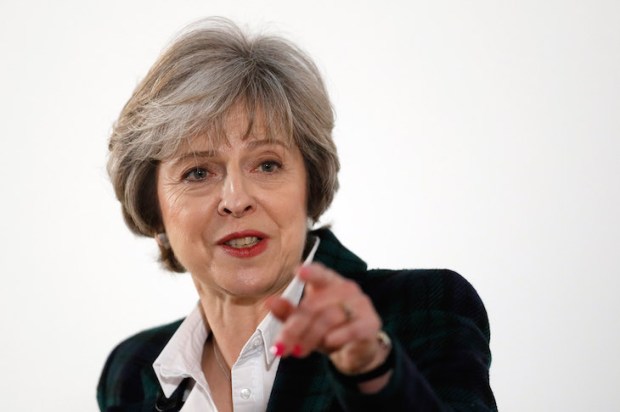
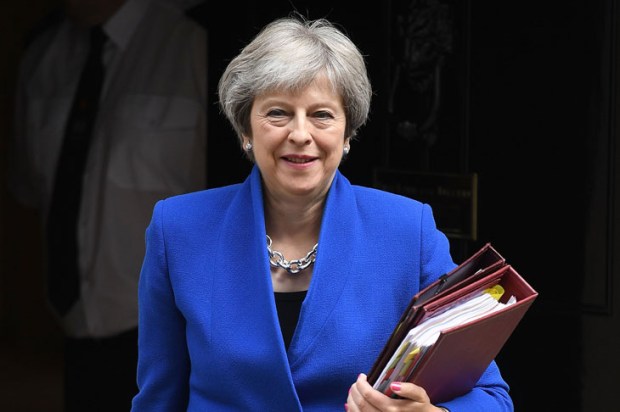
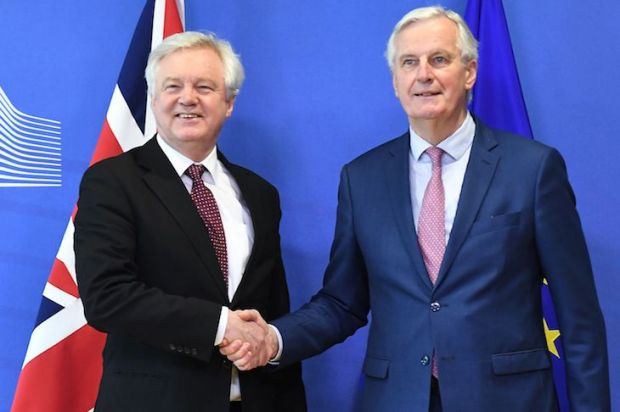
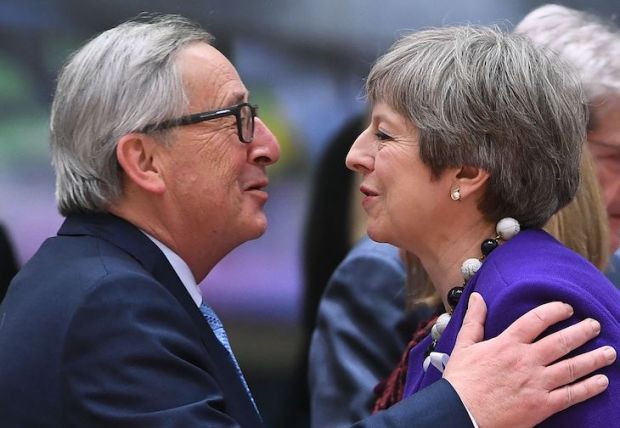
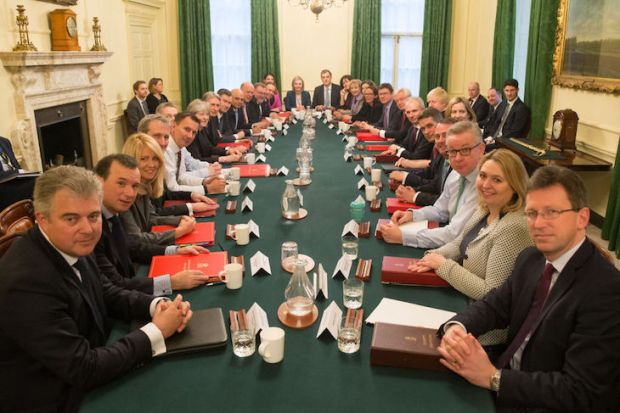






Comments
Don't miss out
Join the conversation with other Spectator Australia readers. Subscribe to leave a comment.
SUBSCRIBEAlready a subscriber? Log in